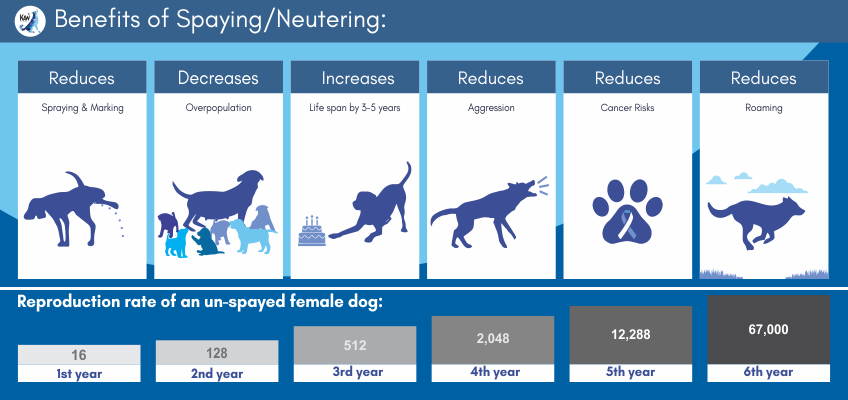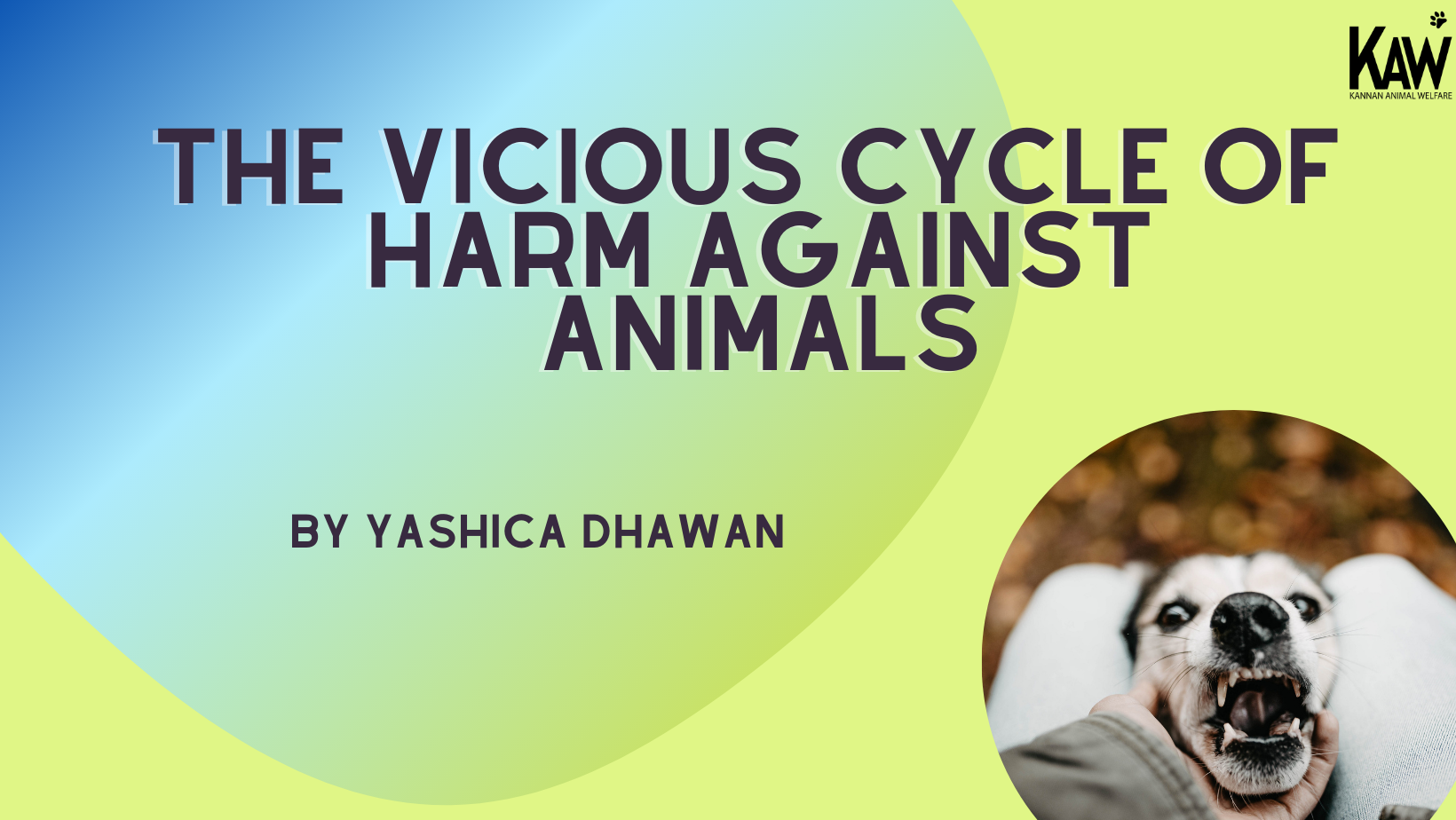What is sterilization?
Sterilization is the removal of the primary reproductive organs of an animal, also known as ‘de-sexing.’ It is called neutering for males and spaying for females.
In males, their testes are removed, while in females the ovaries are removed, or the fallopian tubes are tied. The age of sterilization depends on the species, though the common age in dogs is 6 months to 1.5 years, since different breeds mature and reach puberty at different times, it is better to consult a vet about the right time of sterilization for your dog.
Why is sterilization important?
Sterilization has multiple layered benefits and for these multiple benefits, it has been an accepted norm throughout animal welfare organizations worldwide. The benefits are as follows:
- Health
- Cancer has been a major cause for the lives of dogs to be shortened. Research has proven that testicular and prostate cancer in males and mammary cancer in dogs spayed before puberty is significantly lesser than non-spayed dogs.
- TVT (Transmissible tumors)are sexually transmitted tumors in dogs that are spread during mating. Since neutering removes the urge to mate, it automatically controls the spread of TVT.
- Chances of uterine infections and ovarian cysts are reduced.
- Infections during estrous cycles don’t occur in females as the estrous cycle does not occur after sterilization.
- Female dogs do not have to undergo unwanted pregnancies hence the complications during pregnancy like anemia, blockage, hemorrhage, etc. are avoided.
- Since testosterone is the major source of aggression in dogs and mating instincts are also responsible for territorial or otherwise fights, neutering a dog ensures his behavior is manageable by humans.
- Population Control & Social Benefits
- In the Indian context, stray overpopulation has always been a problem. As a result, puppies get killed, become victims of road rage, or simply die of starvation or territorial fights for food. Sterilization makes sure that the population comes to a manageable number to survive in a healthy way.
- Dogs as a species are dependent on humans directly or indirectly, so arguments about self-sustainable natural ways cannot be applied to dogs.
- One of the major excuses for why dogs are not be accepted, as community animals are that they bite or spread litter and diseases. Neutered dogs have fewer fights and bite drive, and a smaller population will also mean less litter and less competition for food.
- A lot of female dogs are not adopted in the fear of the mess they create during heat cycles and unwanted pregnancy, so sterilization increases their chances of adoption.
- Home Breeding & Genetic Issues
A lot of pet parents think it is unnecessary to sterilize house pets as they can be mated and they can get the resulting pups adopted. This is wrong on multiple levels.
- Firstly, it is illegal to home breed dogs without a state board’s license.
- Secondly, such pups don’t have any genetic check-ups so they are prone to multiple genetic defects and often end up in cycles of backyard breeding some way or the other.
- Thirdly, there is already a lot of homeless pups in the world and abandoned pets in shelters; the world is not in need of any more.
Please contact us here to inquire about our sterilization program and how you can contribute: [email protected]
Article by Sudipta Maity & Swati Kankan.






